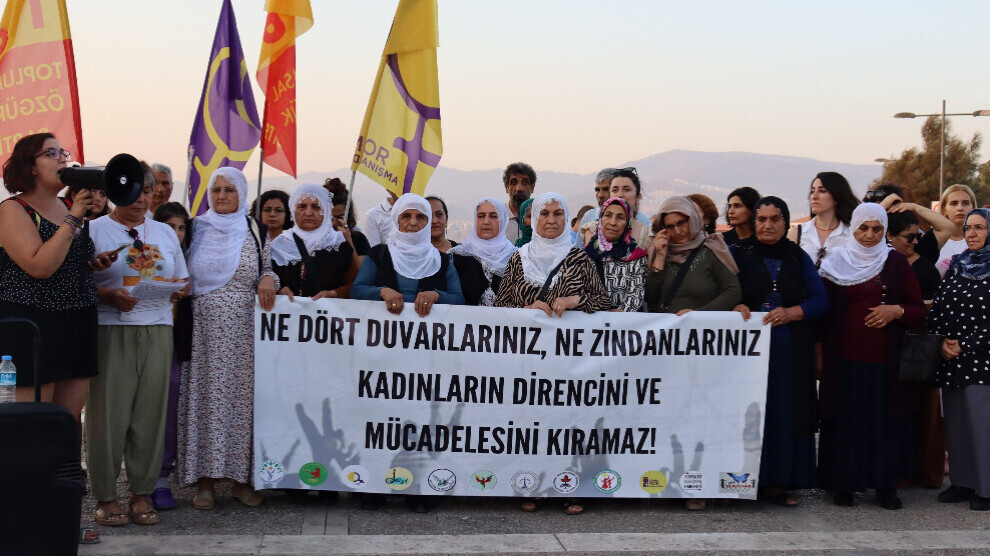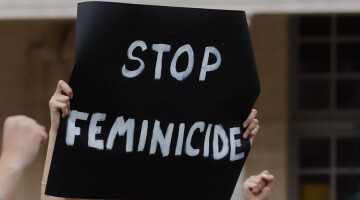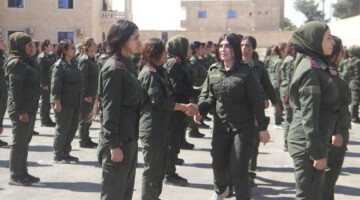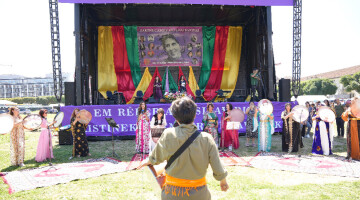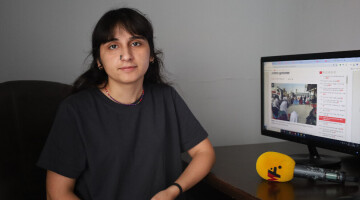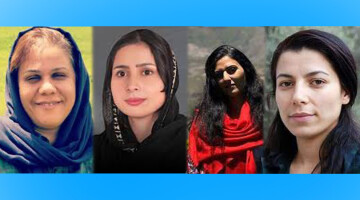The sentences given to some prisoners at Şakran Women’s Closed Prison on 19 July, citing their halay and Kurdish slogans, were protested in Izmir.
Women made a statement in front of the Konak Ferry Pier with the participation of many political party and civil society organization representatives. Carrying a banner reading "Neither your four walls nor your prisons can break women’s resistance and struggle,” the women frequently chanted the slogans, “Jin, jiyan, azadî,” “Bijî berxwedana zindanan,” and “Political prisoners are our honor.”
31 prisoners sentenced
Peoples' Equality and Democracy Party (DEM Party) Izmir Provincial co-chair Vezan Karabulut said that Kurdish halay and music were banned, and pointed out that the bans had spread to prisons.
Referring to the violations in Şakran Women's Closed Prison, Vezan Karabulut said: "The investigation launched into 31 prisoners because they sang Kurdish songs, chanted zılgıt and slogans during the celebration they held for the liberation of Kobanê on 19 July was concluded on 12 August. 31 prisoners were punished with ."
Noting that among those sentenced was Güler Bilen, who has been in prison for 32 years and has heart problems, Karabulut expressed that the families of the prisoners were concerned about the delay in their release. He said: "Isolation continues in prisons. Arbitrary and unlawful sentences are being given. While executions are being postponed by the execution boards, the families are being punished once again along with the prisoners. It is inevitable that the public will show a common reaction against the injustices."
Vezan Karabulut said: "Neither your four walls nor your dungeons can break the resistance and struggle of women. We will not allow the judiciary to function as a form of male-state violence and torture, rather than as a means of punishment and justice. We know that these disciplinary punishments are aimed at attacking our struggle for women's freedom by keeping them in prison."

